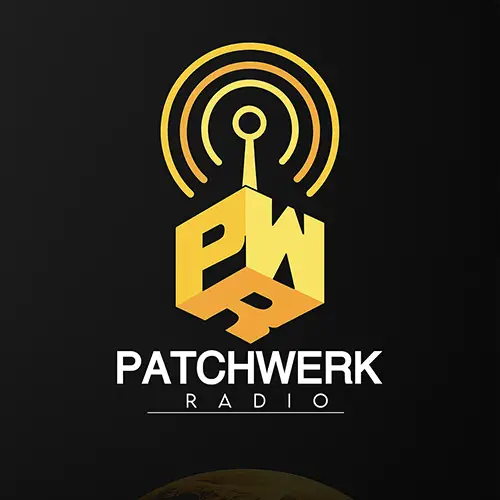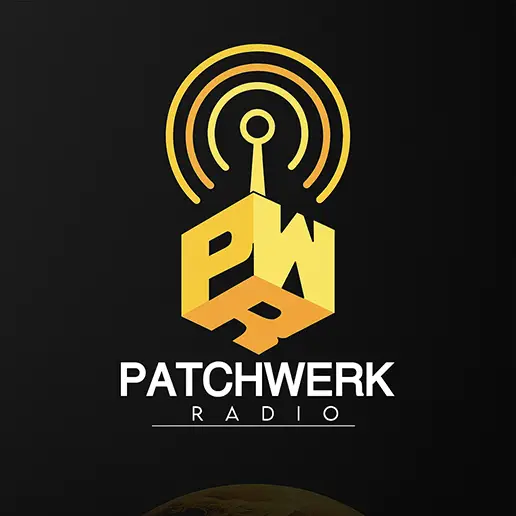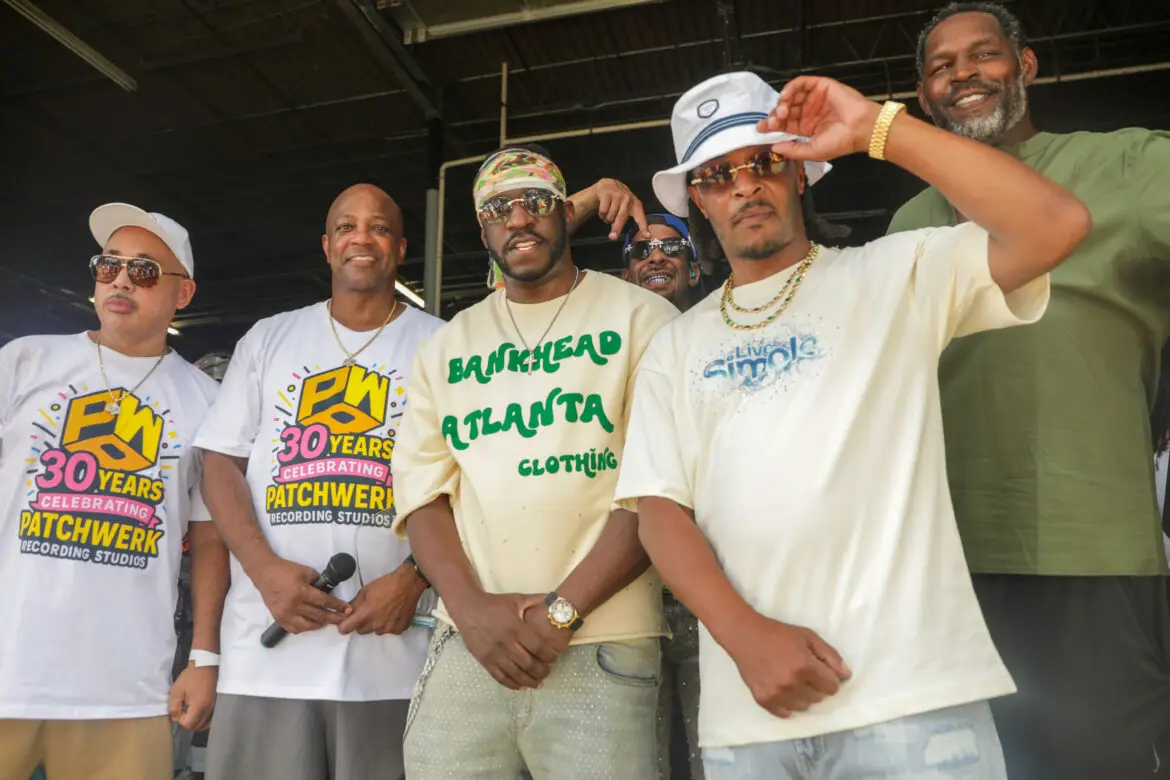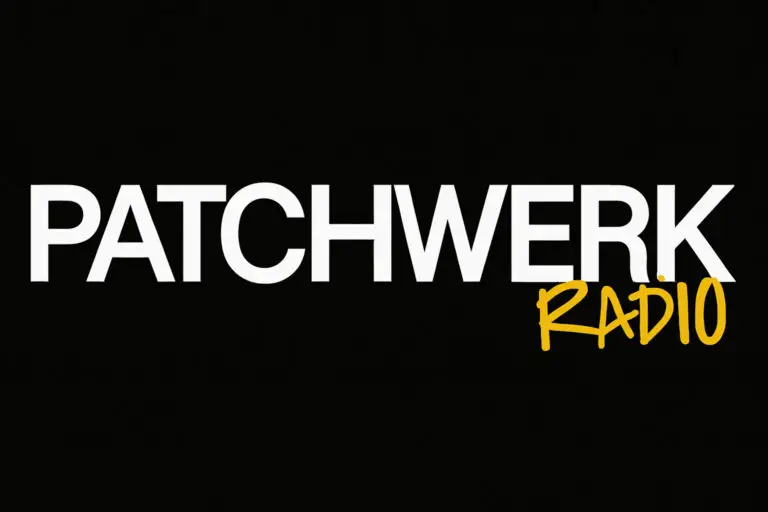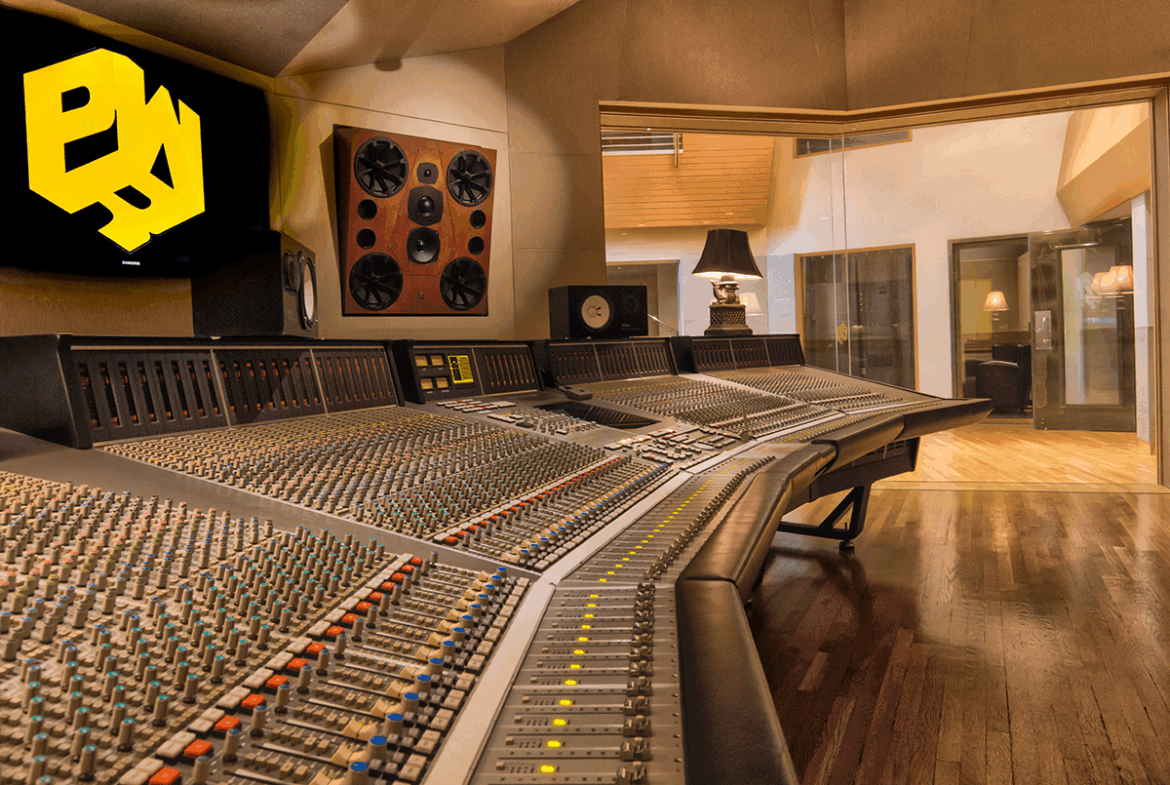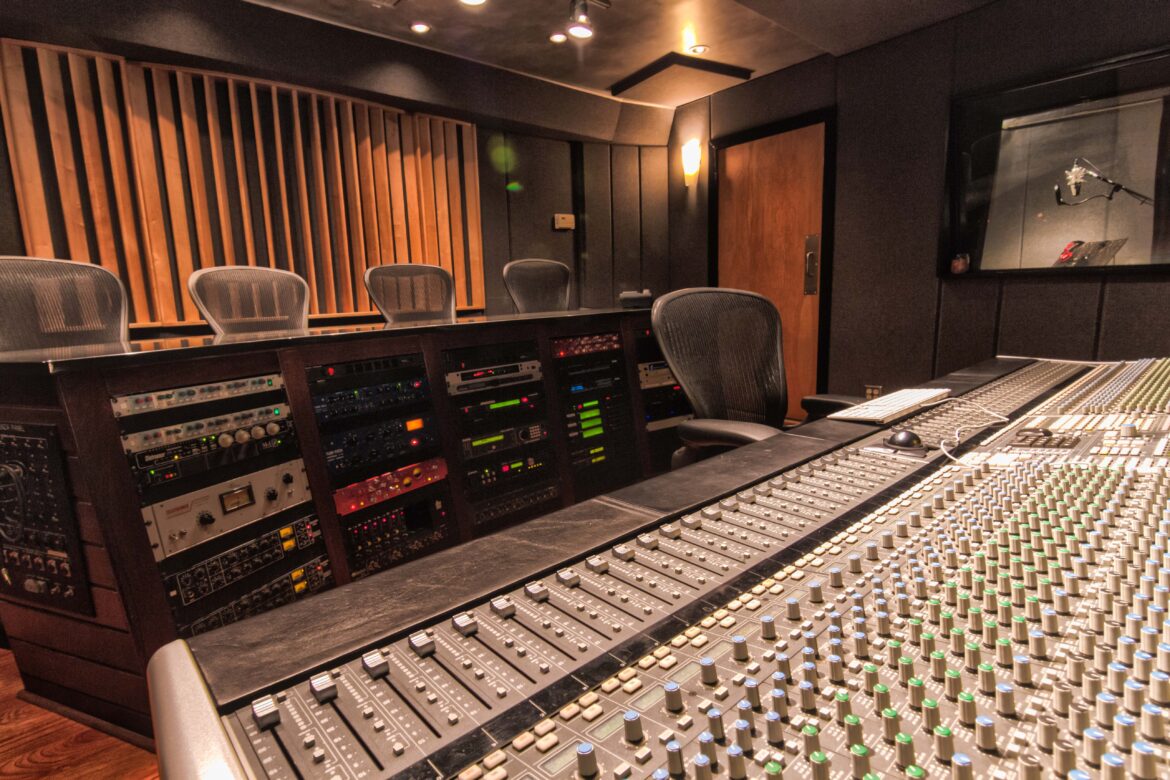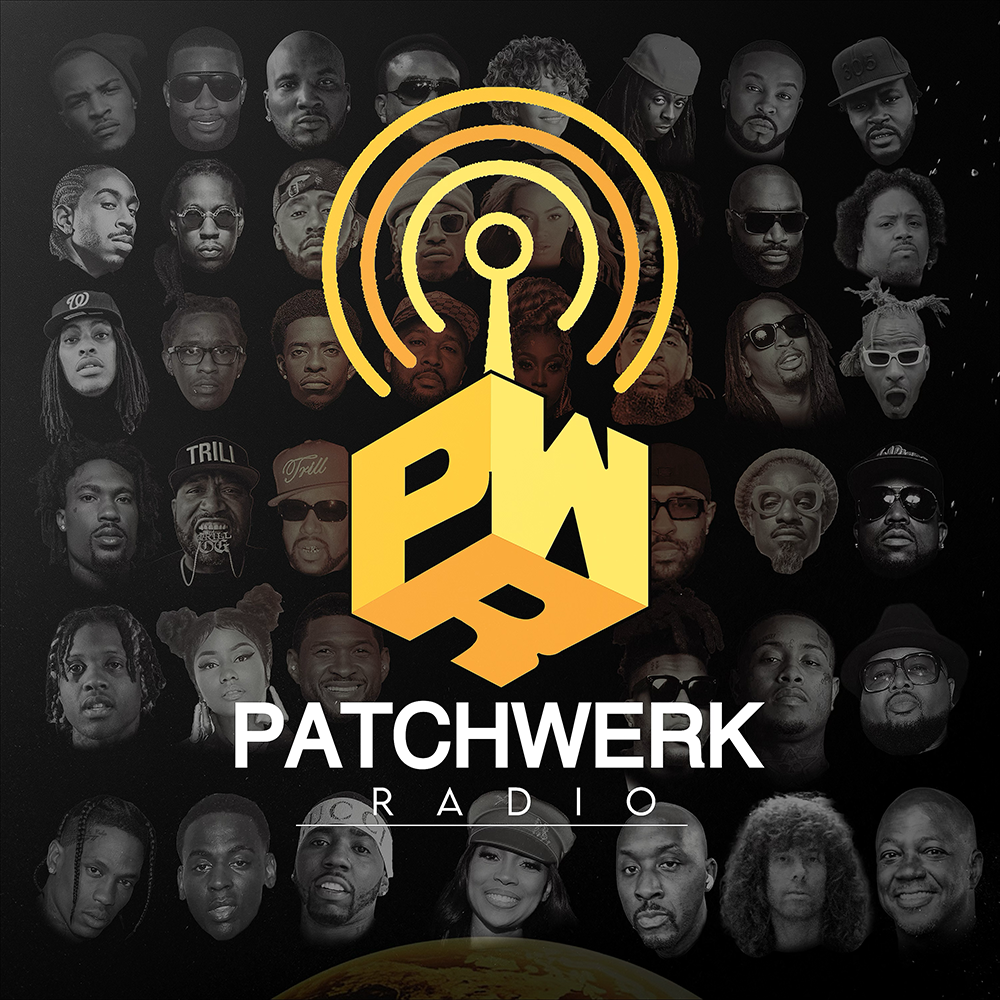-
 play_arrow
play_arrow
Patchwerk Radio
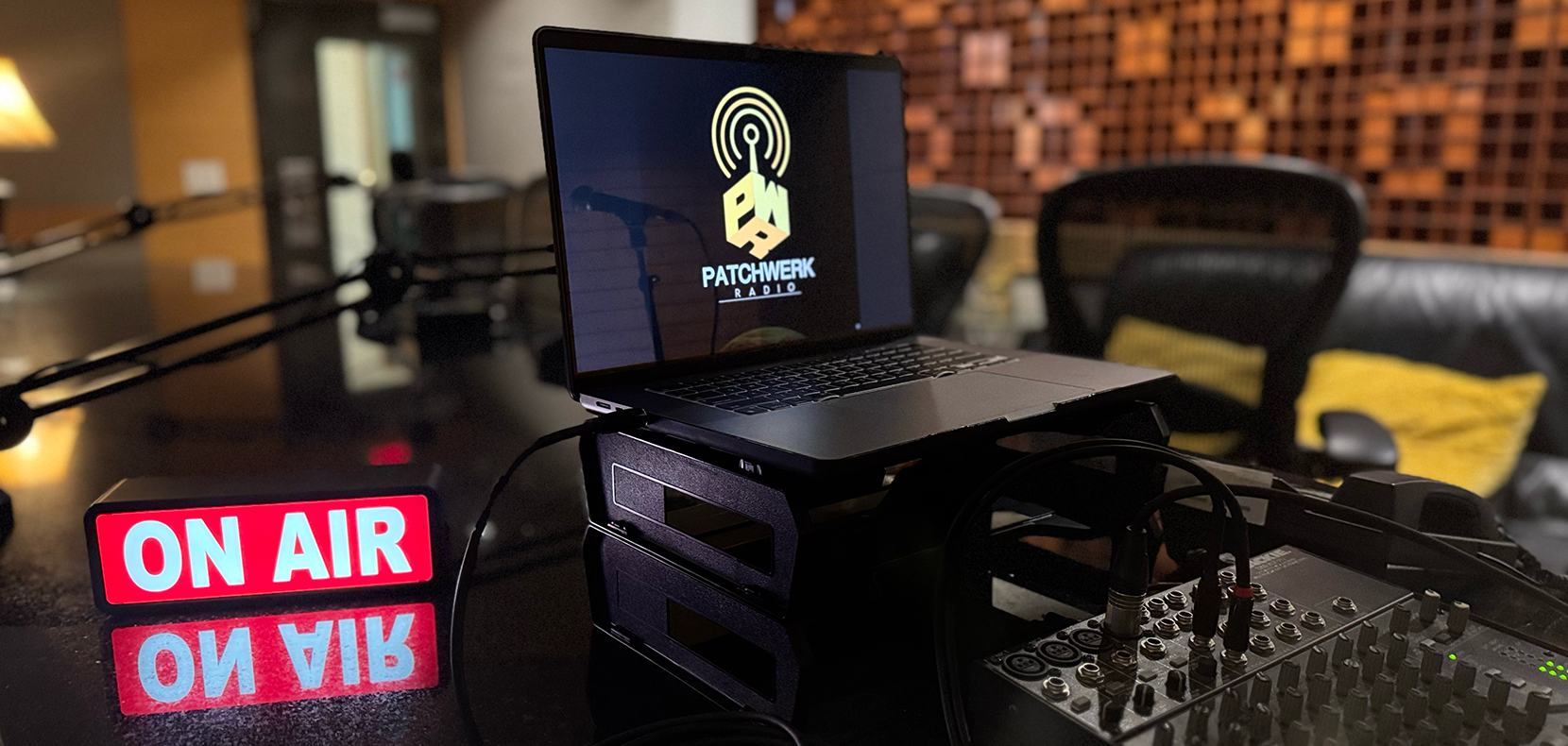
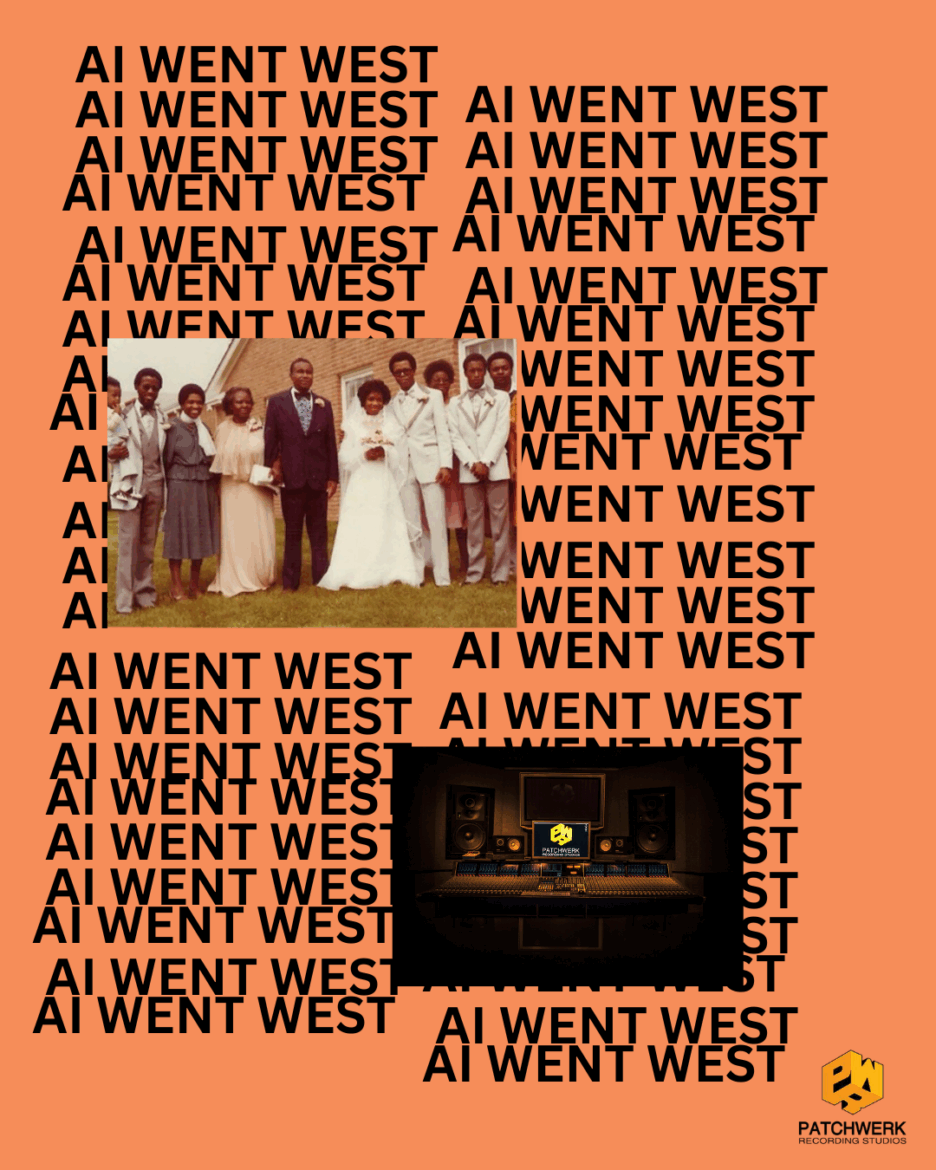
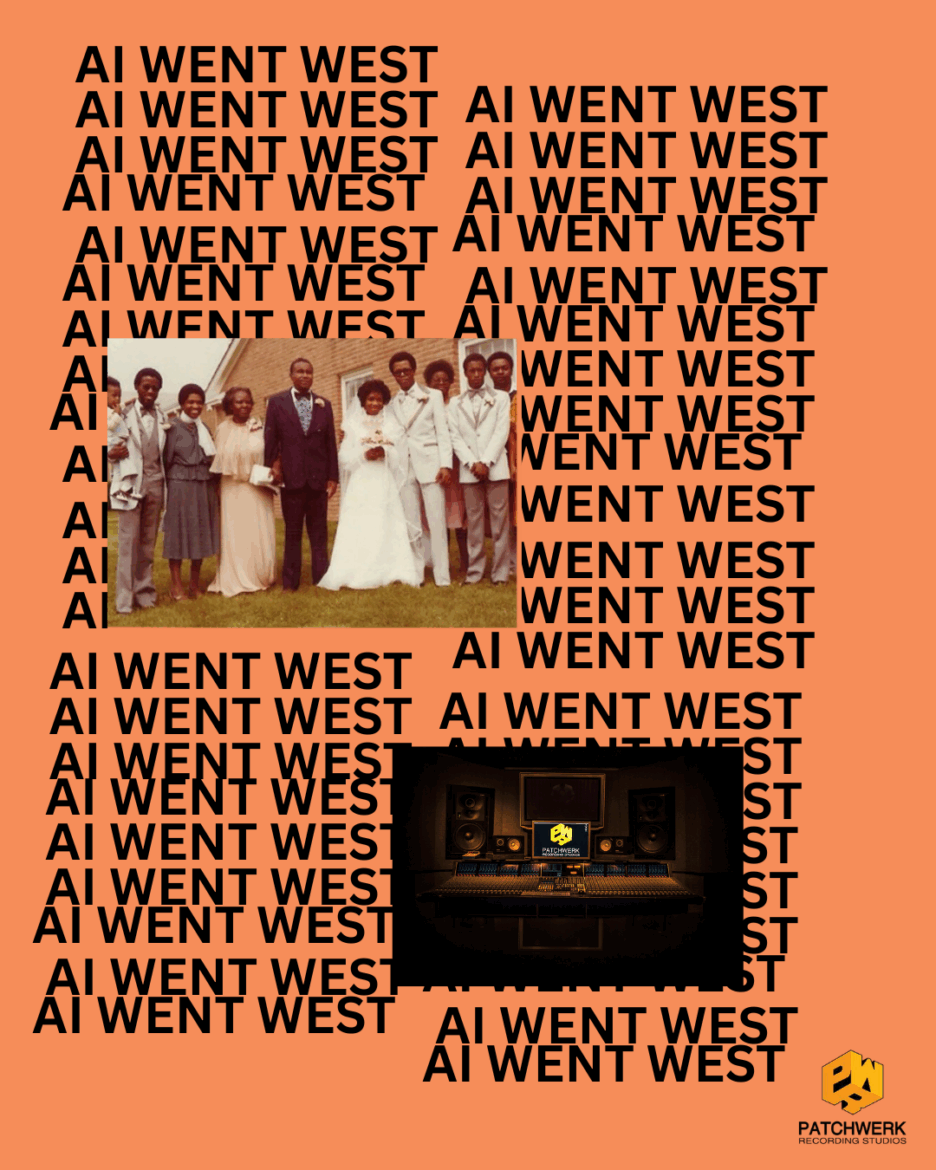
Six months ago, I sat in a studio session with a producer that used an Artificial Intelligence (AI) software to concoct beats for a personal project. I watched as he prompted the software with “buzz words” like synth, bass G7 chord, and chromatic scale, to shape the sonic patterns and cadence of the beat. Similarly, a few days ago, I asked the Artificial Intelligence software, Gemini AI , to help me draft ideas for a company rebrand. I inserted the prompt, “give me a logo for a company that offers X services within the Y industry. Give it an international vibe and provide a few different color palettes for the design.” The output, a beautifully complex color palette of which managed to entail a vibrant crimson and neon green in one, was nothing short of impressive.
As you may know, AI has access to a database unfathomable to human capability and recollection. Its’ ability to produce with such efficiency and insight is why society is stuck between a rock and a hard place when it comes to the integration of AI into everyday functionality. On one hand, it can solve creators’ block. On the other hand, it is slowly holding our hand, guiding us closer to the next great depression.
It was profoundly interesting to observe these AI softwares make creative decisions. Creativity is typically contingent on human psychological concepts like personal taste, exposure, intention, emotion, and perspective. Japanese printmaking influenced Van Gogh’s A Starry Night, Liberian heritage and inclusivity inspired Telfar, and Kanye was influenced by Portishead’s “Roseland NYC Live.” Given that Artificial Intelligence does not have individualized, non-calculated “life experiences,” emotions, or even a brain, I am curious to know… how does AI make creative decisions and what does this mean for the future of jobs dependent on making creative choices? Some may rebut by saying that it is the human who prompts and edits what is produced from the machine; therefore, the human touch is necessary. While this may be true, Artificial Intelligence has built in data pattern recognition to train and improve its AI model based on input.
Do I have a solution or an answer to such? No! However, I do believe we as creatives, music consumers, or however you identify in your relationship to the industry need to stay abreast and curious on how such technological advancements and integrations affect how we produce (and keep the lights on)!
Written by: Sanaa Stringfield
